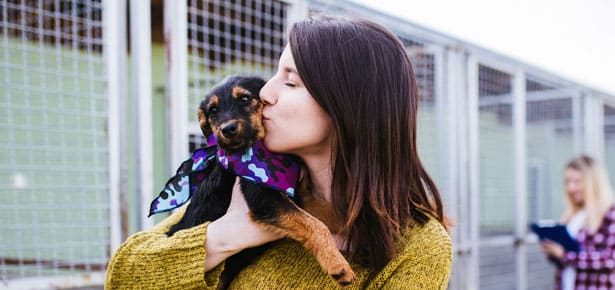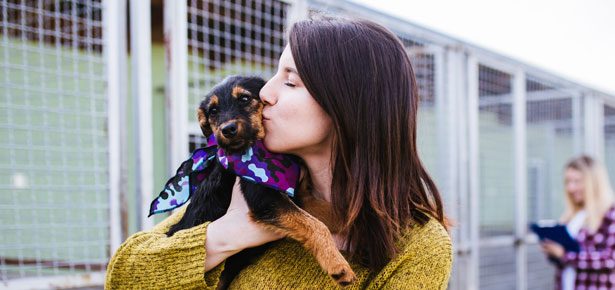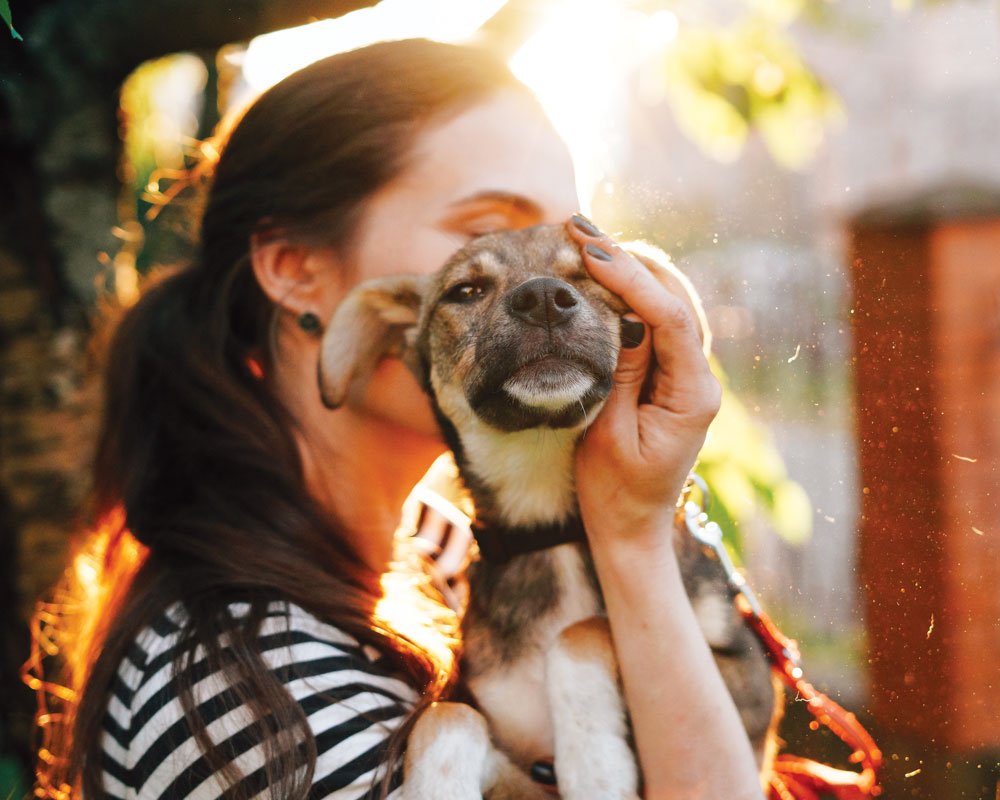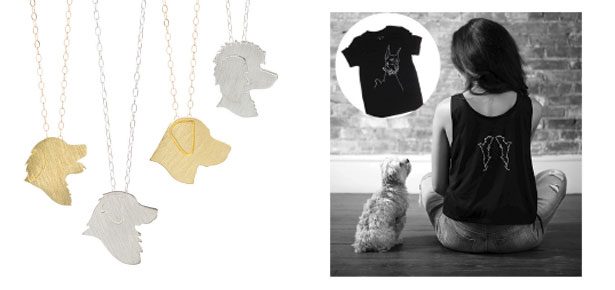

Find Your Dream Dog: Shelter Dog Temperament Testing
How to assess the personality and temperament of your potential new best friend
Have you ever shopped for a house? Real estate advertising can often be misleading. A “charming home, perfect for first-time buyers” translates to the house is the size of a shoebox. “Quaint cottage” means the plumbing is ancient and electricity nowhere near to code. When looking for a home, you need to learn to read between the lines to find the real house within. Is it your dream home or a disaster? This also applies when looking through the ads for rescue dogs.
“Great watchdog” means the dog barks at everything. “Would be perfect for agility” sounds like the dog is hyper and treats furniture like a trampoline. “Would prefer to be an only dog” is a nice way of saying Fido hates other dogs and might eat them. When deciding on a new canine companion to bring home, you need to bypass the propaganda. How can you figure out who a dog really is?
Start with the Rescue Group or Shelter
Before you even look at dogs, it’s important to research where he comes from. There are many wonderful, ethical rescue organizations out there. There are also some terrible ones who may not be honest about a dog’s health or temperament. Rescue groups are experiencing increased scrutiny these days for placing dangerous dogs in homes, with no warning. A big-hearted, unsuspecting family takes a dog into their home, only to find out he is not as advertised. It may be a minor inconvenience to choose a dog who is allegedly housetrained, only for him to have accidents throughout your home. It’s another thing entirely to choose a dog who is supposed to be safe with your kids, only to find out he’s not at all.
Here is a question to ask:
How many of your dogs are returned? Rescue groups love to tout adoption rates, but those numbers can be tricky. If a dog is returned three times, that may count as three adoptions. You want to find out how many dogs don’t work out in their homes and come back to the organization. There will always be cases in which it was an honest effort that didn’t turn out, but if you see high percentages of return, it may mean the shelter is not very good at screening potential adopters. It could also mean they are adopting out dogs that are frankly unadoptable. If a group won’t even tell you its return rate, look elsewhere.
Playing Matchmaker
It’s easy to fall in love with a pair of brown eyes in a fluffy face, but when adopting a dog, it’s important to use your head as well as follow your heart. If you see a dog that catches your fancy, ask these questions:
- Why is this dog in rescue?
- Why did the owner surrender the dog to rescue?
- What is the dog’s current health status? Does he have any health issues that require medication, special diet, physical restrictions, etc.? Ask for copies of all veterinary records.
- Has this dog ever been adopted out before? If yes, why is he back?
- Has the dog ever growled at anyone to your knowledge? Ever bitten anyone? Is he friendly towards children?
- Is this dog friendly with other dogs? Cats?
- What kind of training has he had? Does he know any behaviours?
- Is this dog housetrained?
- Would you adopt this dog if you could?
- If the dog has been fostered, can you speak with the foster parents and find out more about his personality?
- If you like the answers to these questions, now it’s time to actually screen the dog to see if he will be a good match for your family.
Photo Simxa/shutterstock.com
Sociability for Success
A dog who is social enjoys people. This is a common key to successful adoptions. You want a dog who cares about you and wants to work with you.
When you meet your potential friend, try to meet in a room he’s never been in before. Give the dog a minute or two to get comfortable and familiar with the new surroundings. Sit in a chair and relax and see what he does. (Keep in mind that all shelter dogs are in a stressful situation and this affects their behaviour.)
- Does he try and engage with you? Kiss you? Act all wiggly and curvy, eager for you to pet him? Excellent!
- Does he ignore you and only explore the room, sniffing everything? This dog is not as social. He could be independent, a good fit for someone who works out of the home or doesn’t want a dog that follows them around. He could also be anxious. Keep in mind a dog that is not social to people is not invested in working with them. Proceed with caution.
- Does the dog actively avoid you? A fearful dog may be cowering in the corner with his tail between his legs. Remember that shelters are inherently stressful. Ignore him. Give him space and see if he gains confidence enough to approach and be social.
- Does the dog try to nip you? Growl when you approach? Dogs can act aggressively due to fear, but this dog will need work. If he is barking and lunging, these are major red flags. Remember that if you end up having to return the dog to the shelter, his return history will make it harder for him to find another home.
Tests:
- Drop your keys on the floor and see how the dog reacts to a sudden noise.
- Ask if there is a play area where you can see how the dog interacts with other dogs.
- Ask if you can take the dog for a walk. Observe how the dog reacts to cars, bikes, sirens, children you may pass.
Just because a dog is in rescue doesn’t mean he’s broken. Dogs end up in rescue for tons of reasons. You deserve a dog that will work well for your family. Please don’t let guilt be your guide. It’s easy to melt into a puddle when you see a dog cowering under a chair, flinching at your every move, but realize this dog will be a project. Love is never enough to fix a dog. Extremely fearful dogs require behaviour modification, sometimes medication, training, compassion, money, and patience in order to make progress. A dog that already has a bite history may be “misunderstood,” but he’s also a legal liability.
If you want a “fixer upper,” by all means adopt a challenge. But know what you’re getting into before you bring the dog home. Talk with your veterinarian and a professional trainer or behaviourist to find out what it will take to work with a dog who is aggressive or fearful. Otherwise, you could be taking on more than you can handle.
Will it take time to find the perfect companion? Yes. Once you have your new best friend home and he fits so well into your life, you’ll understand he was totally worth the effort!
Join the newsletter and never miss out on dog content again!
"*" indicates required fields
By clicking the arrow, you agree to our web Terms of Use and Privacy & Cookie Policy. Easy unsubscribe links are provided in every email.






